The Latest
Essentials

Our data-driven, ranked measurement scores leading distributors and suppliers across eight categories vital to the industry's future.
Trending
PPAI MEDIA NEWSLETTERS
Stay One Step Ahead
You don't have to miss a thing. Get breaking promo industry news emailed straight to you twice a week with PPAI Newslink, sales and management tips through PromoPro Daily, plus our latest features and major research projects in the monthly PPAI Magazine preview.






